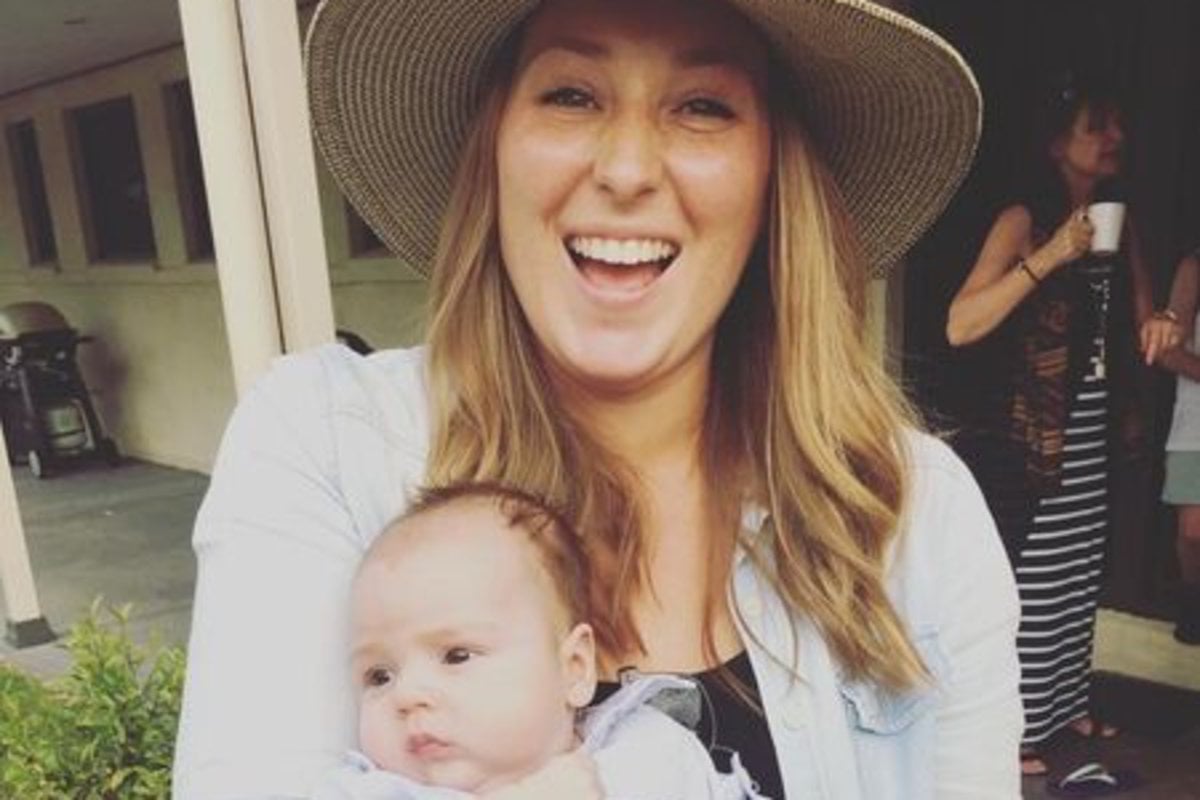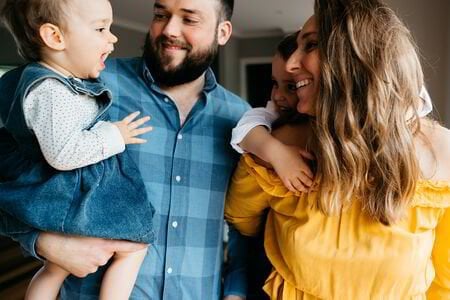
This post deals with postnatal depression and might be triggering for some readers.
It was fear of the unknown. Fear of things being out of my control.
Up until the day I found out I was pregnant, I was in control of everything that happened in my life.
It was the fear of losing the baby, fear of something being wrong with the baby, fear of what would happen to my body, fear of being a terrible parent. The fear sprung into my head like a little baby rabbit, that would breed and become a rabbit warren of negative emotions.
Our pregnancy was planned like everything else in my life. Little did I know that being pregnant would somehow disrupt the chemical balance in my brain and a dark cloud would begin to hover over my head, growing bigger, darker and scarier throughout my pregnancy, looming over me for many years post birth.
Watch: Jessica Rowe speaks about her experience with postnatal depression. Post continues below
My body began to change, I could feel everything happening. The lower abdomen bloating and cramps, the tiredness, the intense smells, the hunger, the flood of emotions. I got to six weeks and the morning sickness hit me like a phonebook to the face.


Top Comments